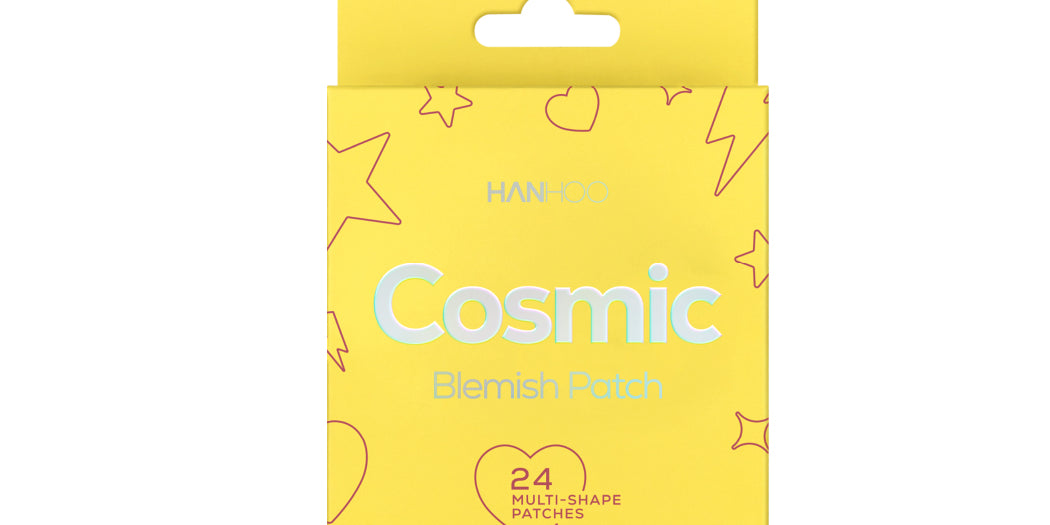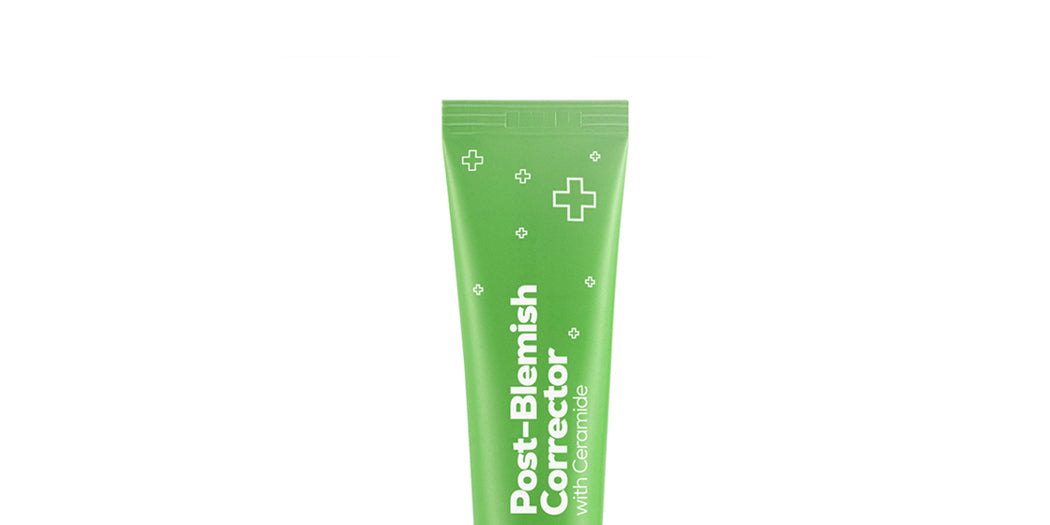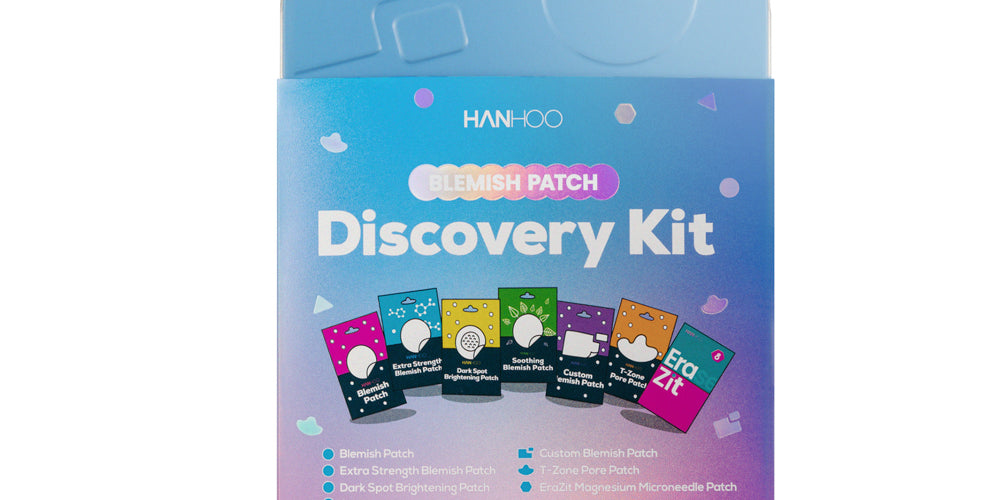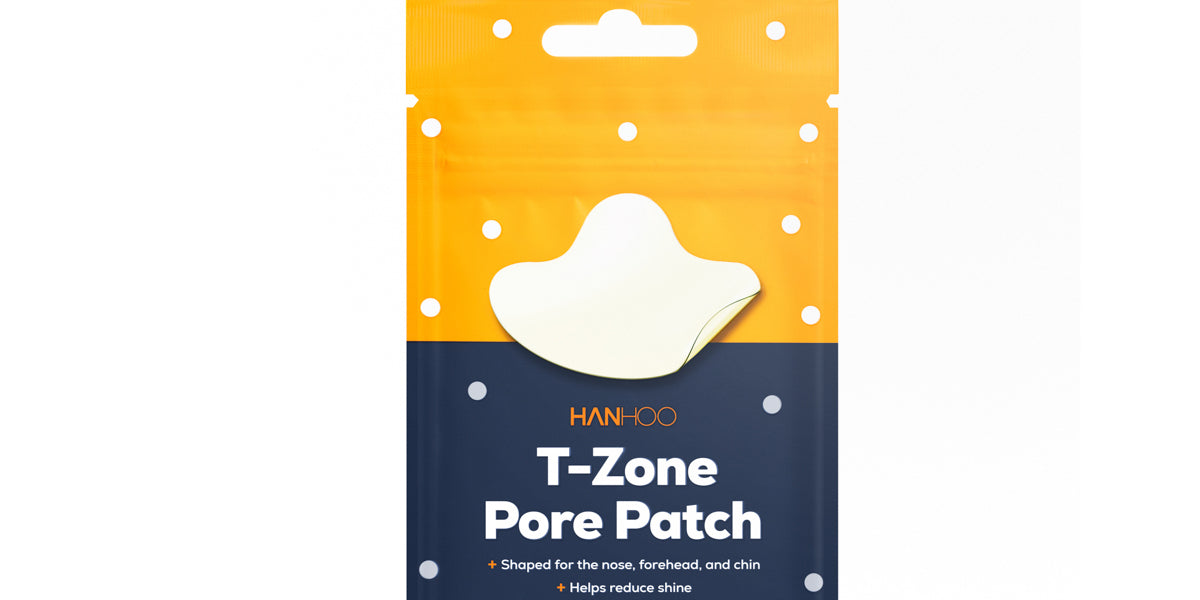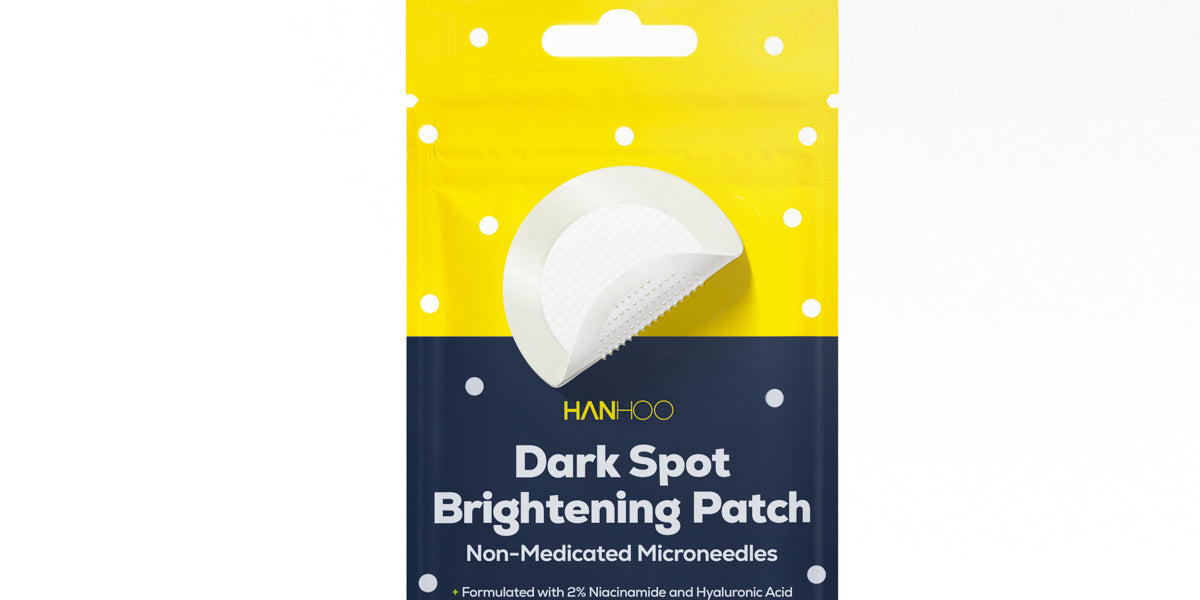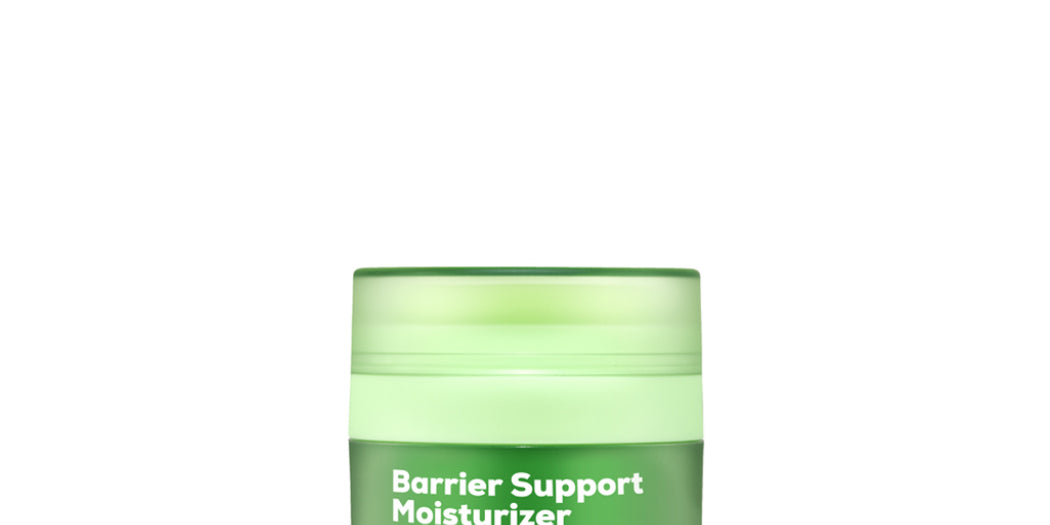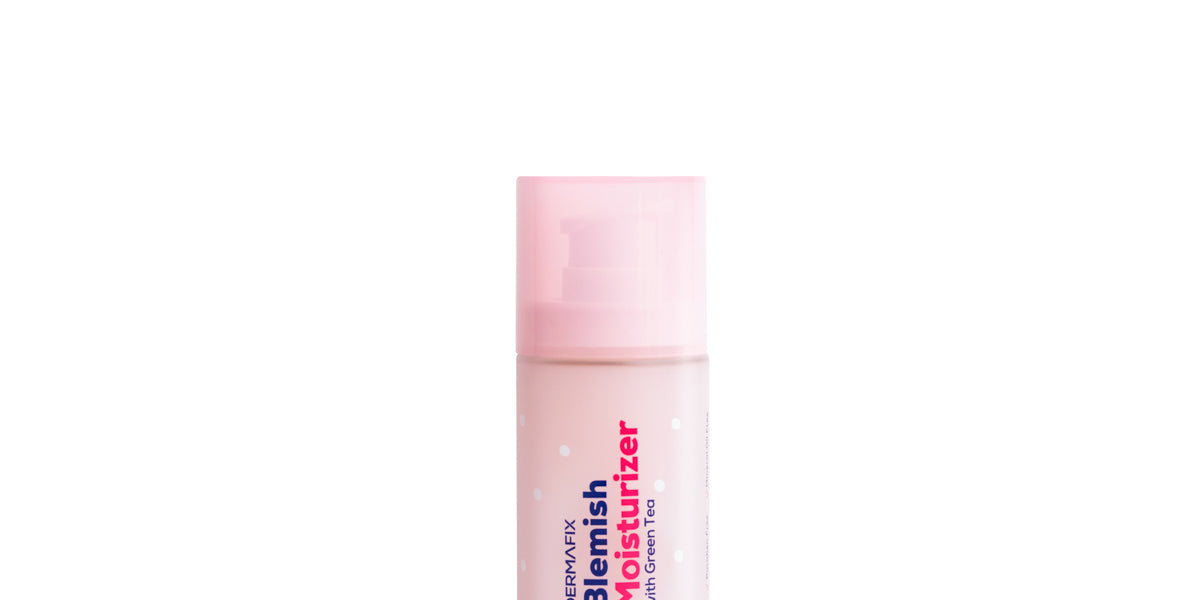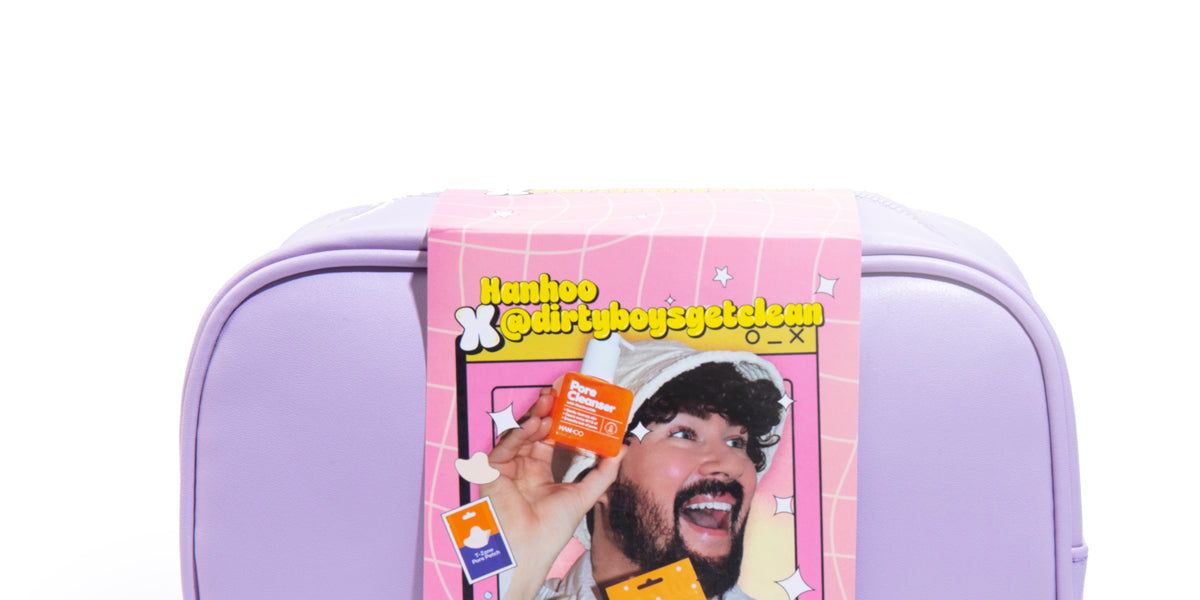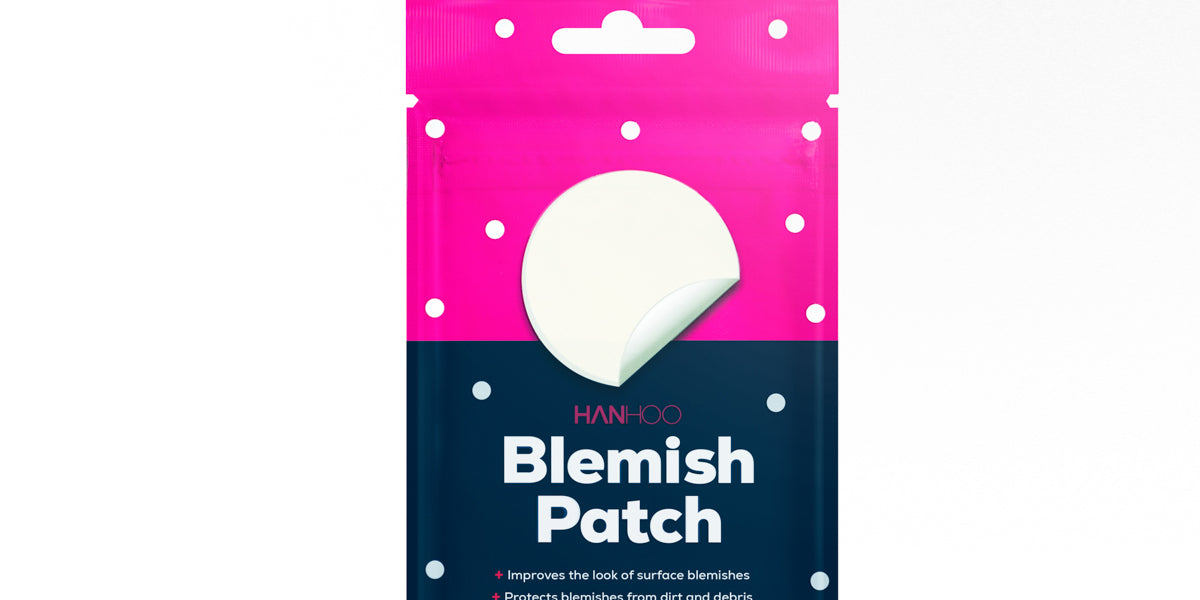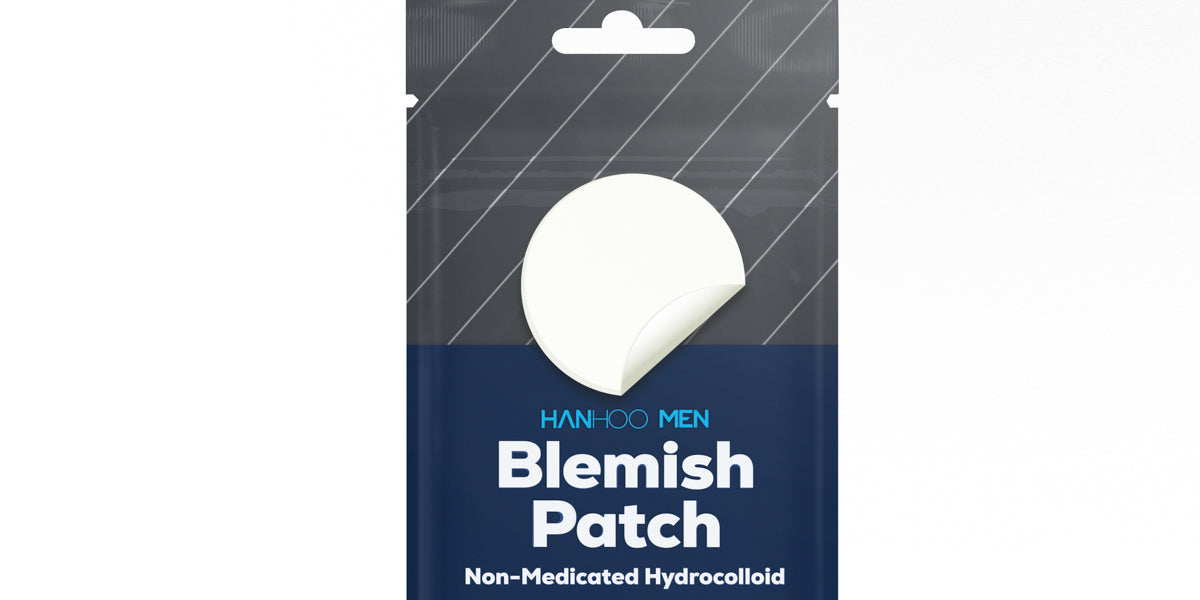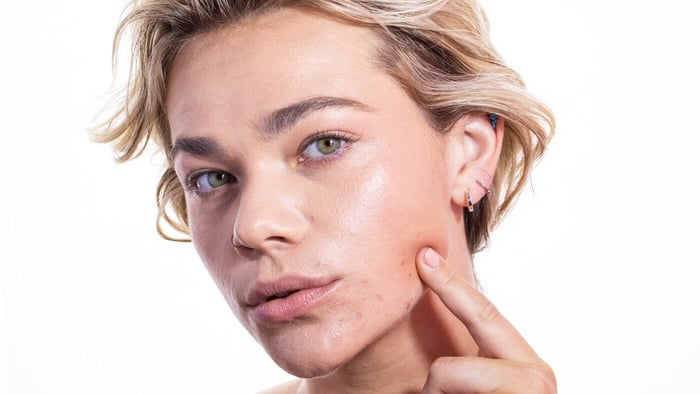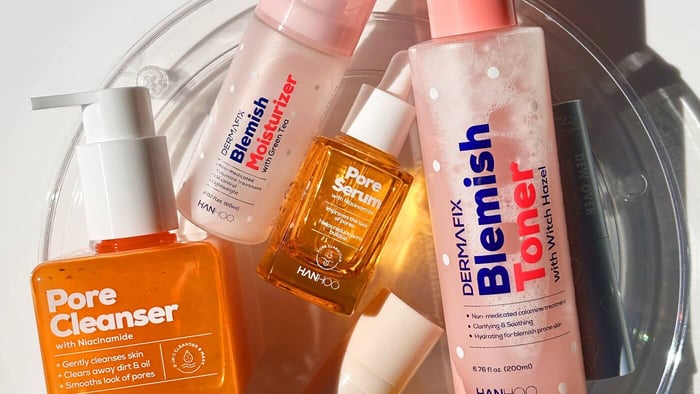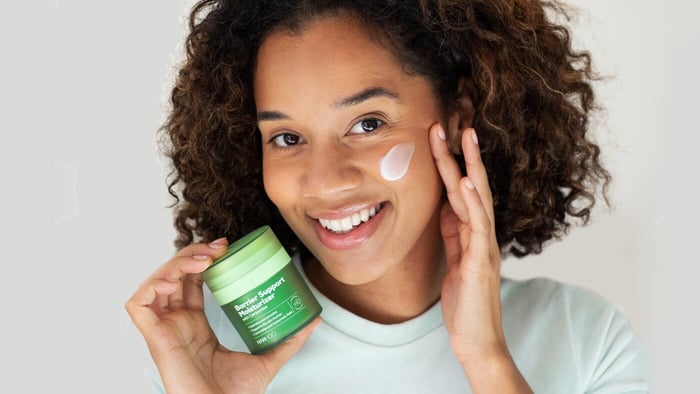With a constantly evolving skincare landscape and tons of new trends month-by-month, it can get a little overwhelming to find the best products for your skin.
And while new trends and skincare innovations may seem exciting, they aren’t exactly for any and every skin type or skin concern. For example, a while back slugging was a pretty popular trend. It involved slathering your skin in a thick moisturizer or Vaseline overnight to wake to super hydrated, bouncy skin.
But, this trend wasn’t the best for acne-prone skin types. Using occlusives overnight on already congested skin could make matters worse. For that reason, slugging was best for dry skin types to help restore moisture to the skin.
That’s why it’s best to exercise discretion when it comes to new skincare products or trends especially if you have sensitive skin.
Sensitive skin types need to be extra wary with their routines as it is. There are a number of ingredients that can trigger reactions in sensitive skin like fragrance or alcohol. So it’s probably best to use caution when trying a new product, like patch testing before use.
How to identify sensitive skin
Not all skin reactions can be attributed to sensitive skin. Sometimes, someone that doesn’t necessarily have sensitive skin can experience a reaction due to a new product or overuse of a certain ingredient (like exfoliants or retinoids).
Overdoing some skincare products can trigger reactions in any skin type. It’s all about using a product as directed to avoid unwanted effects. For example, if you use an exfoliant with BHA and/or AHAs daily, you may notice some effects like irritation or dryness since these kinds of ingredients are not meant to be used everyday. Typically they are recommended for use about one to three times a week at the most.
But, when it comes to sensitive skin, unfortunately unwanted reactions may be commonplace if you’re not careful. Here are some of the characteristics of sensitive skin:
- Reactive - meaning your skin could react to products with certain ingredients like fragrance by becoming itchy and or irritated
- Redness - people with sensitive skin tend to deal with some level of redness in the skin, where your skin appears flushed
- Develop rashes - if your skin doesn’t like a particular product, your skin may breakout in a rash that can be itchy, flaky, or result in bumps
- Dryness - whether its a lack of hydration in the skin or reactions to extreme weather (like harsh cold weather) sensitive skin types can experience uncomfortable tightness and dryness in the skin
These are just some of the characteristic signs that can tell you whether you have sensitive skin. Typically if you have tried a decent amount of skincare products and found that lots of them don’t seem to mesh well with your skin, this could be another sign that you have sensitive skin.
Ingredients to stay away from
If you have sensitive skin and haven’t had the best track record with trying out skincare products, that doesn’t mean you have to completely swear off skincare, you just have to be more careful with what you use.
A lot of triggers can come from certain ingredients in skincare. Fragrance seems to be a common trigger for sensitive skin types and for that reason it’s best to keep an eye out for skincare labeled as “Fragrance-free” to eliminate that potential trigger.
Other potential ingredients that could trigger sensitive skin include:
- Certain types of Alcohol including Denatured Alcohol and Isopropyl Alcohol which can severely dry the skin
- High concentrations of active ingredients like Salicylic Acid and Retinol
- Physical exfoliants (exfoliants with physical granules like crushed Walnut shell)
- Sulfates give some cleansers that extra foamy quality but can be drying to sensitive skin
- Essential Oils may come from a natural source but that doesn’t mean they are the best for skin since they could trigger allergic reactions
While you should be wary of these ingredients, some can still be used with caution. AHAs, BHA, and Retinol can still be used by sensitive skin types in moderation. If you have sensitive skin but want to use an exfoliant or retinol with these ingredients then be sure to look for products with lower concentrations and use them only one to three times a week depending on your skin’s tolerance.
Sensitive skin-friendly ingredients
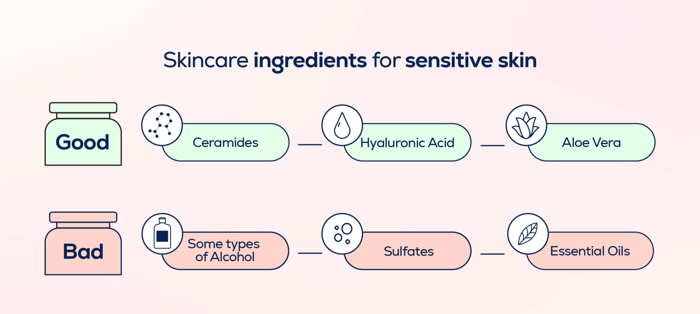
Although there seems to be a lot of ingredients you have to watch out for, there are also plenty of ingredients that are great for sensitive skin.
Hyaluronic Acid
Given that sensitive skin is characterized by dry skin/dry patches, Hyaluronic Acid is a great ingredient to restore hydration and plump the skin.
Ceramides
Triggers to sensitive skin often appear as redness, irritation, and dryness that can impede skin barrier function. Ceramides help support and restore the barrier to help alleviate some of these effects.
Niacinamide
Similar to Ceramides, Niacinamide plays a role in restoring the skin barrier, on top of providing clarifying and moisturizing benefits.
Oat
Just like oatmeal baths are used to soothe rashes, Oat itself is a great ingredient in skincare to calm irritation and inflammation.
Aloe Vera
There’s a good reason Aloe is used in sunburn treatments. As you may already know it provides cooling relief to sunburned skin. Similarly, in your skincare products it soothes irritated skin and reduces redness.
Sensitive skin routine
Now that you have the basics down on how to navigate sensitive skin, you can build a routine that works best for you:
Step 1: Use a gentle cleanser
Since those extra foamy cleansers can be too drying for sensitive skin, stick to a creamy, hydrating cleanser.
Step 2: Use a barrier-boosting moisturizer
When choosing a moisturizer, look for skin barrier friendly ingredients like Ceramides, Oat, Hyaluronic Acid, and Niacinamide to help restore the skin and calm irritation.
Our Barrier Support Moisturizer includes a blend of multiple Ceramides and six types of Hyaluronic Acid to give the skin barrier the love it needs to recover.
Step 3: Always use sunscreen
If you haven’t been consistent with sunscreen in the past, it’s definitely time to start. Sun damage can further deplete the skin barrier. The skin barrier helps protect against irritants so you want to make sure to keep your skin barrier functioning at optimal levels.
Mineral sunscreen tends to be the best for sensitive skin to prevent irritation, but always patch test before applying if you are unsure about your sunscreen.
Lastly…
While these are just the bare basics in a skincare routine, that doesn’t mean you can’t add other products in your routine. You just need to be mindful of the ingredients in a given product to ensure it doesn’t contain any triggers. And as a final tip, patch testing any new products can be really helpful to make sure you won’t trigger a reaction in your skin

